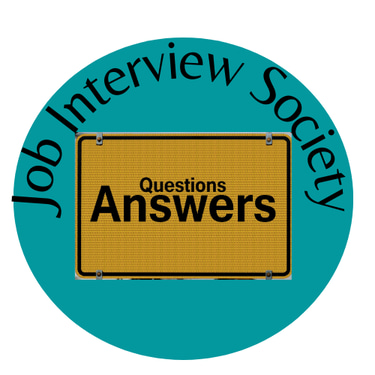Effective Problem Solving Techniques Explained
Discover effective problem solving techniques and learn how to solve problems efficiently. Explore strategies that can help you tackle challenges and improve your decision-making skills.
COMMON INTERVIEW QUESTIONS
12/1/20242 min read


Understanding the Importance of Problem-Solving Skills
In today's dynamic work environment, the ability to solve problems efficiently is a critical asset. Employers consistently seek candidates who can navigate obstacles and devise effective solutions. This blog post provides insights on how to articulate your problem-solving experiences effectively, particularly during interviews. Describing a time you solved a problem requires more than just recounting the event; it involves showcasing your thought processes and the strategies you employed.
Crafting Your Answer: The STAR Method
One of the most effective ways to structure your response to the question, “Describe a time you solved a problem,” is by using the STAR method, which stands for Situation, Task, Action, and Result. This technique helps you present your experiences in a coherent and compelling manner.
Start by describing the Situation. Provide context by explaining the background of the problem. For instance, if you faced a tight deadline while leading a project, elaborate on what the project entailed and why the deadline was critical.
Next, outline your Task. Define your specific role and responsibility in addressing the problem. Clarifying your position helps the interviewer understand the stakes involved and your contribution to the solution.
Then, discuss the Action you took. Detail the steps you implemented to overcome the challenge, highlighting your critical thinking, collaboration skills, and resource management. This is a crucial part of your narrative, as it illustrates your problem-solving skills in action.
Finally, share the Result. Discuss the outcome of your efforts. If possible, quantify your success with metrics or feedback from stakeholders. This not only demonstrates your effectiveness in problem-solving but also adds credibility to your claimed results.
Examples of Problem-Solving Scenarios
To further understand how to answer the question effectively, consider the following examples:
- Example 1: Resolving a Team Conflict
- Example 2: Overcoming a Technical Challenge
- Example 3: Improving a Process
A situation where team members had conflicting ideas about project direction can showcase mediation skills. Elaborate on how you facilitated a constructive discussion, resulting in a consensus that improved both relationships and project outcomes.
If you faced a significant software bug that threatened a delivery timeline, detail the steps you took to investigate the issue, collaborate with technical support, and communicate effectively with stakeholders to manage expectations.
Share a scenario where you identified inefficiencies in a workflow, implemented new tools or strategies, and observed increased productivity as a direct result of your initiative. This reflects your proactive approach to problem-solving.
In summary, effectively describing a time you solved a problem involves a structured approach, illustrating your thought processes, and providing compelling examples. By articulating your experiences using the STAR method and relevant scenarios, you will communicate your problem-solving prowess clearly and persuasively in any interview setting.
